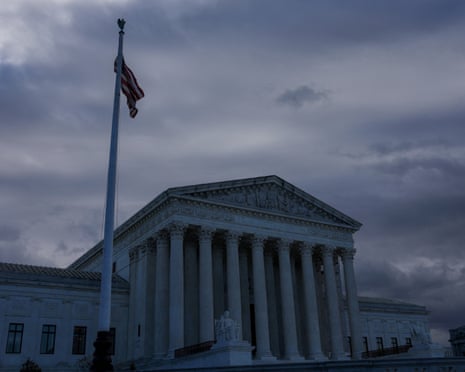Supreme Court Ruling Today: What the Latest Decision Means for Immigration Policy

On May 16, 2025, the focus of national attention turned to the supreme court ruling today that temporarily blocked the Trump administration’s attempt to speed up deportations under the 18th-century Alien Enemies Act. This highly anticipated decision not only highlights the court’s role in shaping immigration policy, but also has major implications for the rights of detainees facing imminent removal from the United States.
Background: The Alien Enemies Act in Modern Immigration Policy
The Trump administration had sought to use the Alien Enemies Act, originally enacted in 1798, as a tool to swiftly deport a group of Venezuelans in northern Texas who faced accusations of gang affiliations. The administration argued they were eligible for expedited removal based on national security concerns. However, many immigration and civil liberties advocates questioned the fairness and legality of using a wartime statute in this context.
For more context on the legal arguments and the justice system’s response, refer to CNN’s detailed breakdown of the Supreme Court’s intervention and its consequences for both the administration and affected individuals.
Details of the Supreme Court Ruling Today
In a 7-2 decision, the Supreme Court ruled that the government must give detained Venezuelans more time and clearer instructions to challenge deportation orders in court. According to the justices, the administration’s previous 24-hour notice period "devoid of information about how to exercise due process rights to contest that removal" was insufficient. The court returned the case to the appeals court for further consideration of what due process is appropriate in such cases.
This outcome does not resolve the broader question of the Trump administration’s authority under the Alien Enemies Act. Instead, it ensures that affected individuals are given a fair opportunity to contest their removal before being sent to a foreign prison, where, as lawyers allege, they could face severe conditions. Learn more about the detainees’ legal fight and the Supreme Court's assessment in NBC News' coverage.
Immediate Impact and Political Reactions
President Trump reacted strongly, claiming on social media that the Supreme Court “won’t allow us to get criminals out of our country.” While his administration sees the use of the Alien Enemies Act as a necessary measure for public safety, critics argue it risks bypassing crucial checks, including due process for those facing removal.
Lawyers for the Venezuelan detainees emphasized that the decision prevented individuals from being "hurried away to a brutal foreign prison, perhaps incommunicado for the rest of their lives." This view echoes concerns raised about the fate of deported migrants, many of whom are reported to face severe hardship abroad.
Key political and legal updates on related developments can be read in The Guardian’s summary, which tracks both the Supreme Court decision and broader legislative setbacks facing the Trump administration.
Broader Implications for U.S. Immigration Policy
The supreme court ruling today reflects the ongoing debate over the reach of executive power in immigration matters. By pausing the immediate deportations and demanding greater due process, the justices have reinforced protections for non-citizens facing potentially life-altering decisions.
Other legal battles over the Alien Enemies Act are still ongoing in courts around the country. As these cases work their way through the justice system, today’s ruling will set an important precedent for how swiftly and under what conditions the government can act.
Conclusion
The supreme court ruling today carries significant weight for immigration law and government accountability. It demonstrates the Supreme Court’s crucial function in ensuring individual rights are not overlooked in the pursuit of security policies. As the nation awaits further decisions from lower courts, all eyes will remain on how this landmark case shapes the future of deportation procedures and due process for immigrants.